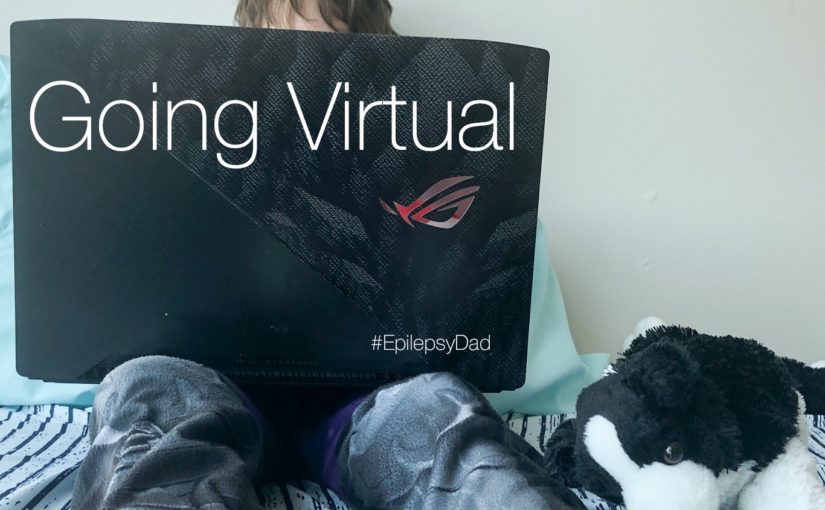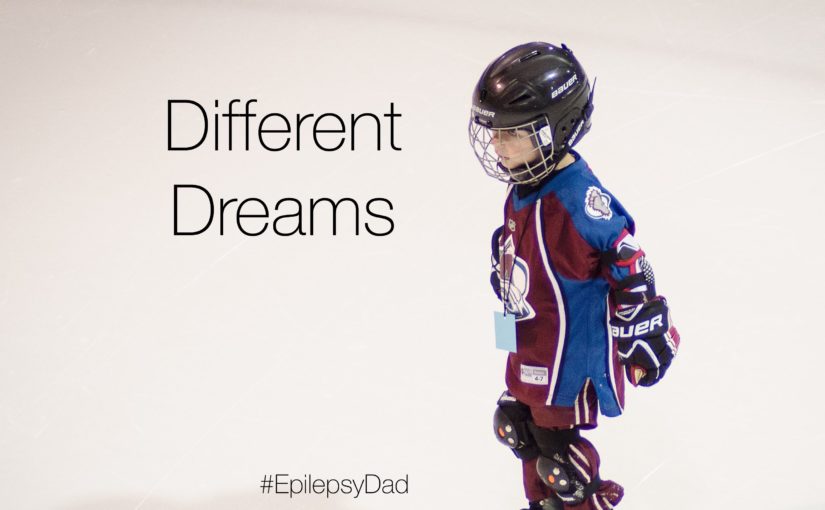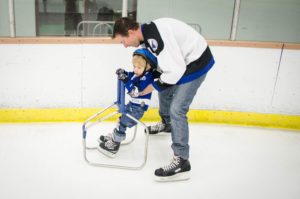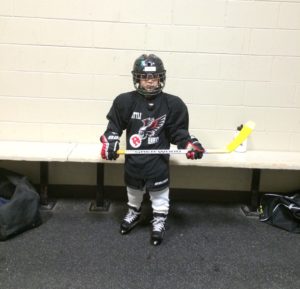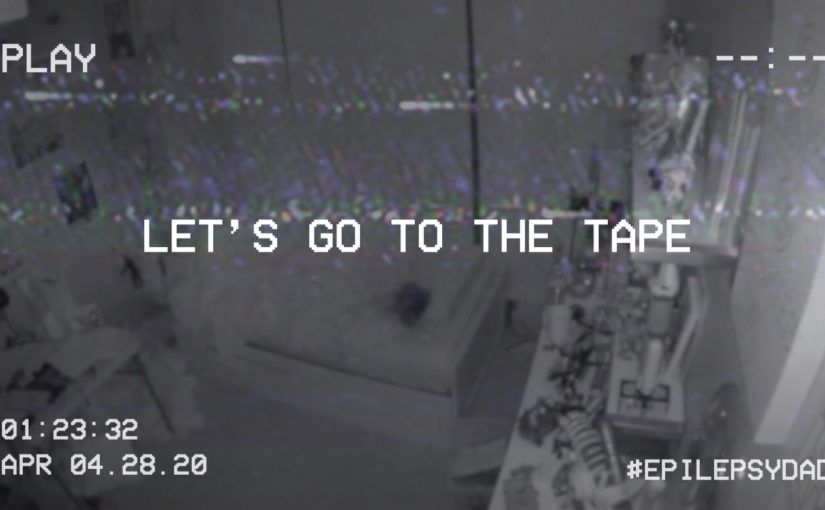The fourth grade started so well.
It was the first year where my son had multiple teachers for different subjects, and each of them took a genuine interest in him. They asked how they could best support his learning. They brought us in to talk to the entire grade about epilepsy. We strengthened our relationship with his aide. The new special education teacher showed initiative and commitment by working with the other teachers and us to make sure my son’s IEP was current.
My son seemed to be doing better than last year, too. Even though he had a modified schedule and didn’t need to, he would get up early and be ready for drop-off at the regular time with his friends. He was going to school every day of the week, and we had fewer absences than we’ve had in previous years, too.
Of course, school was still difficult for him. The noise of the classroom and the building triggered his anxiety. The attention issues were still there. He was still drifting further behind academically and socially from the other children. He still worked with his nanny on homework and subjects he missed after he got home and rested. But we found a bit of a groove in fourth grade, more than we had before.
And then the pandemic hit.
For as well as the fourth grade was going in the classroom, it didn’t translate when they closed the schools and moved classes online. My son’s school was not equipped to do online schooling successfully, and they spent the rest of the school year just trying to get through it. There was a lot of homework, a few virtual class sessions, and a lot of busywork. But with the help of our nanny who also went virtual, we figured it out and made it work.
As frustrated as my wife and I was (as were many other parents) with the quality of the “forced virtualization,” my son enjoyed the move to virtual classes. Of course, he missed seeing his friends, and the online sessions didn’t always offer a chance for the kids to interact. But he could take the lessons from the “office” we created in his room. He didn’t have the noise and anxiety that came from going into the physical school surrounded by other students.
While we knew online schools were an option, we didn’t consider them because of my son’s age, and because one of the reasons we sent him to school was for the social aspect. But because of how well he responded to the move to virtual classes during the pandemic, my wife started looking into them as an option for fifth grade.
Initially, I was worried about how they would deliver instruction to an 11-year-old. From what I saw of the virtual classes in his current school, I couldn’t imagine learning anything. But the first thing we picked up on talking to the online school was that it is very different when a school is set up to operate virtually versus a traditional school that is thrown into teaching online.
The online school is also required to accommodate an IEP and might have more flexibility in accommodating my son’s schedule and his need to chunk activities during the day. They have programs in place to help students meet and connect in the real world, too. We’ll have to get creative to continue to develop his social skills, but the in-person meetings will help.
The more we looked into it, the more that it seemed like a good thing to try for fifth grade. Forcing my son to go back to an environment that makes it more difficult for him to learn when there is another option is irresponsible. Besides, we can always go back to the traditional classroom if it doesn’t work out. But, especially with the state of the world and the uncertainty about the fall, all the signs point to trying something different.
If you have any experience with online schooling, I would love to hear about your experiences, good and bad. Feel free to leave a comment or contact me directly.
